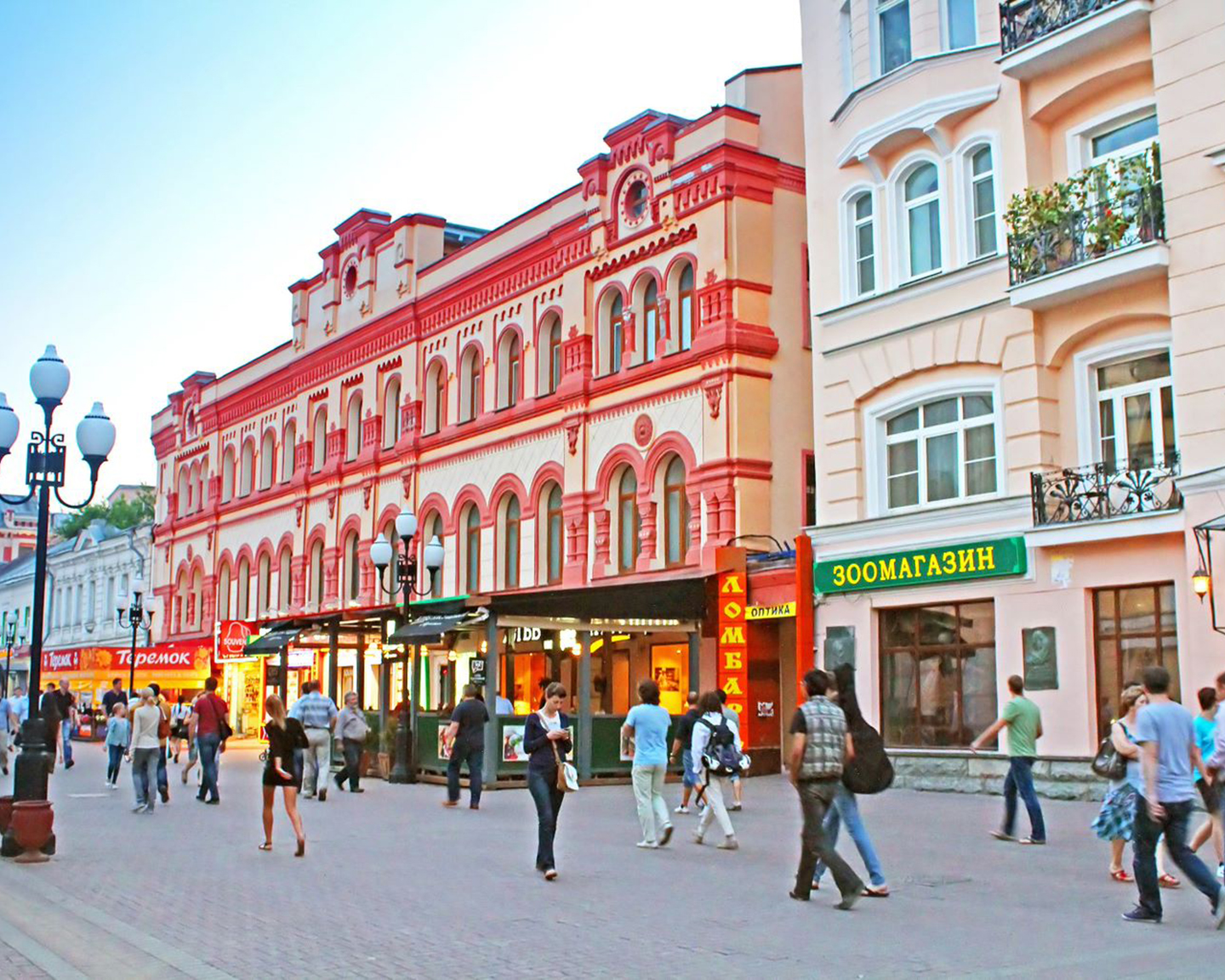Russian is the world’s eighth most spoken language, used in nine countries by over 144 million people. A gateway to a fascinating literary, cultural and scientific heritage, Russian is also a strategically and economically important Critical Language, with applications in fields including air and space, information technology, nuclear studies, security studies, and many others.
Russian Studies offers instruction in the beginning to upper-intermediate levels of Russian language, as well as subjects in Russian literature, history, and political science. The curriculum prepares students to communicate effectively with native speakers and acquaints students with Russian culture and civilization, holistically preparing them to function successfully in a Russian-speaking environment. Russian classes prepare students to participate in international experiences such as MIT-Russia.
Russian Studies may be applied to the Russian Concentration, and to the Concentration, minor and major in Russian and Eurasian Studies. Learn more about the Russian Concentration requirements at the Academic Programs page. Information on the Russian and Eurasian Studies Concentration, minor and major is available through SHASS. Advisors for these programs are below. Students uncertain what level of Russian language to take should refer to placement information. Information on transfer credit is available here.
Russian Concentration: Maria Khotimsky
Russian and Eurasian Studies Minor and Major: Elizabeth Wood
Global Languages Russian Studies group: Maria Khotimsky | Sophia Verba
Fall 2025
| 21G.014 | Introduction to Russian Politics and Society |
| 21G.086 | 20th Century Ukraine and Russia: Entangled Histories and Identity Politics 1917 |
| 21G.611/631 | Russian I (Hybrid) |
| 21G.613/633 | Russian III (Hybrid) |
| 21G.616 | Advanced Russian: Explorations of Russian Culture, Society, and Media |
21G.014 Introduction to Russian politics and society: First-Year Discovery
Introduces students to contemporary Russia through analysis of major political, social, and cultural trends and addresses how they have developed due to the invasion of Ukraine. Considers the role of identity, state propaganda, civil society — including those in exile — and music both as an instrument of political power and popular resistance. Study materials include academic and media articles, recent documentaries, and video interviews with prominent figures in Russian science and culture. Limited to 15 people. 3 units of “discovery” credit.
IAP 2026
| 21G.600 | Russian I (Intensive) |
Spring 2026
| 21G.612/632 | Russian II (Hybrid) |
| 21G.614/634 | Russian IV (Hybrid) |
| 21G.617 | Advanced Russian: Exploration of Regional Cultures through Art |
| 21G.077/618 | Introduction to the Classics of Russian Literature |
| 21G.085 | Imperial and Revolutionary Russia: Culture and Politics, 1700 to 1917 |
STATEMENT ON UKRAINE:
“We, the faculty and staff in MIT Russian and Eurasian Studies, condemn Russia’s military invasion of Ukraine. We stand in solidarity with the people of Ukraine who are being invaded and occupied in this unjustified war of aggression and with the people of Russia who oppose the war.“

